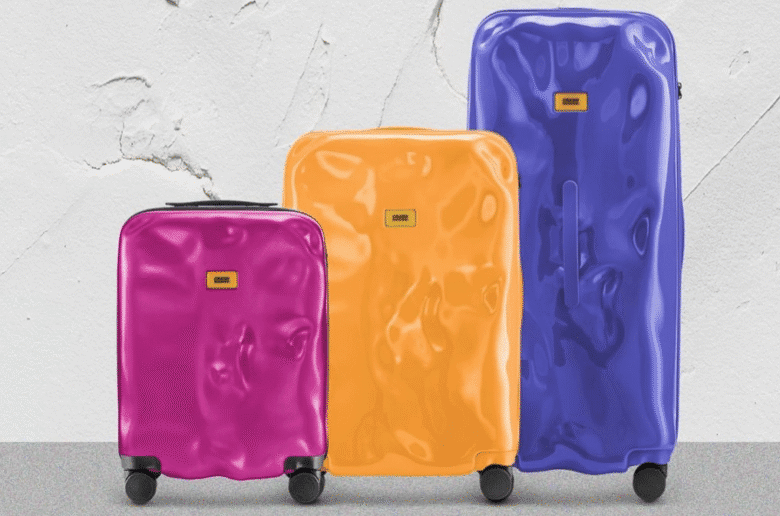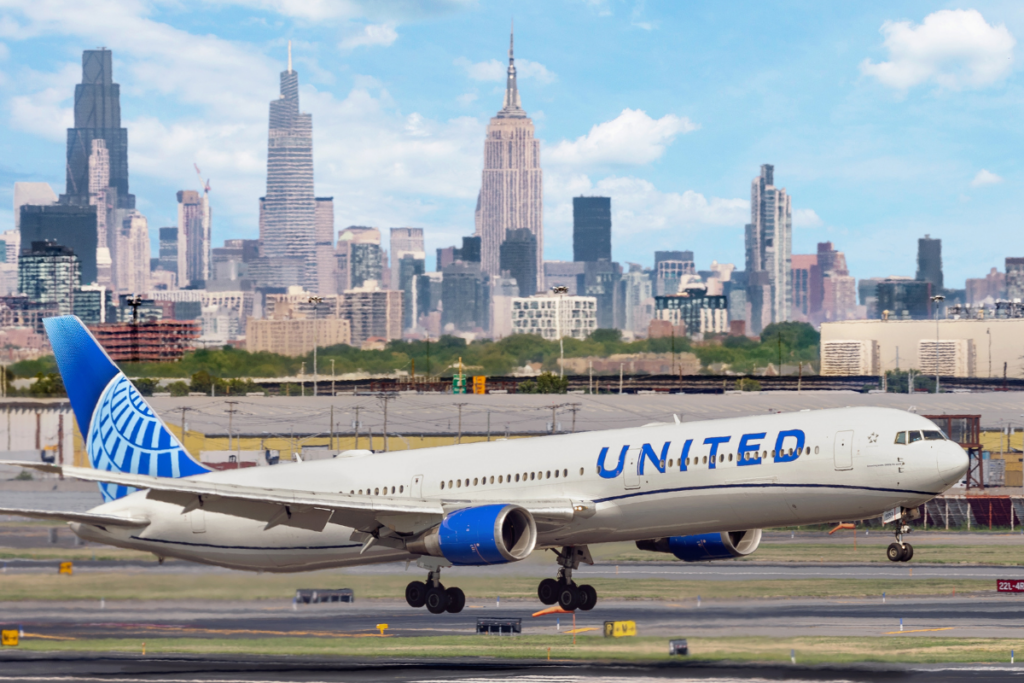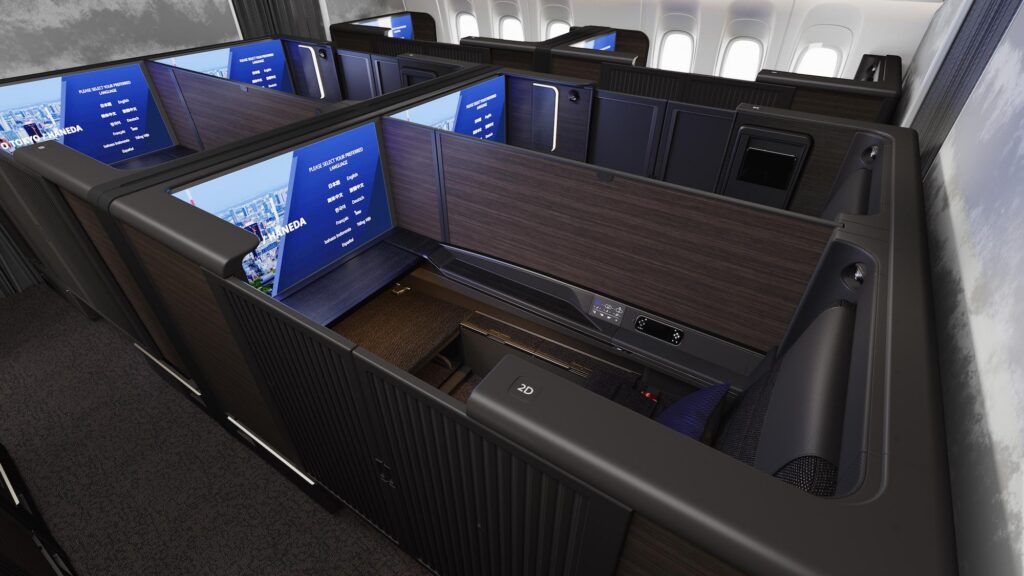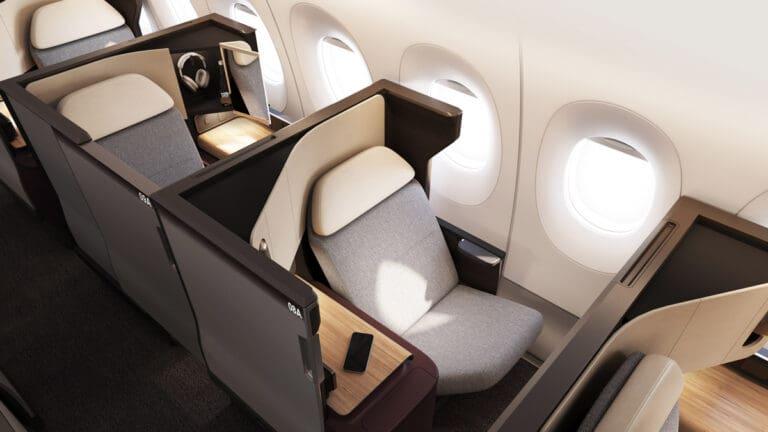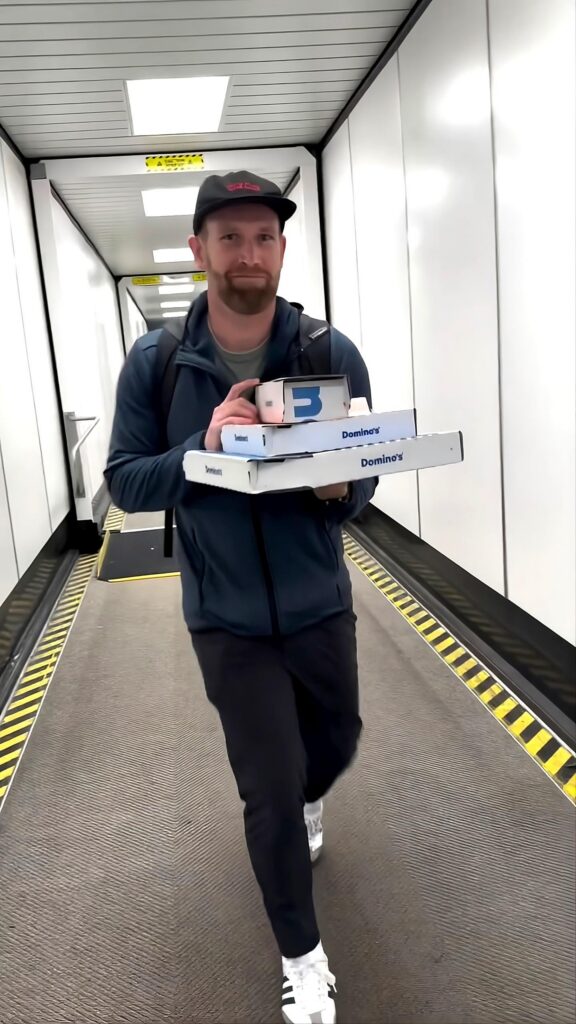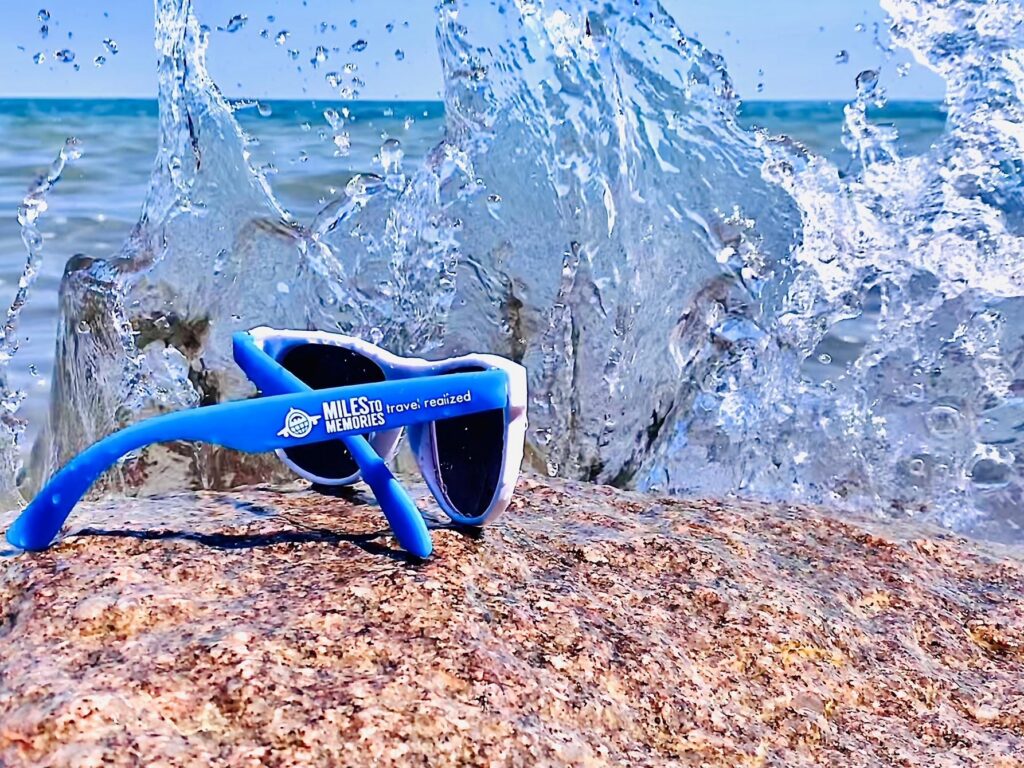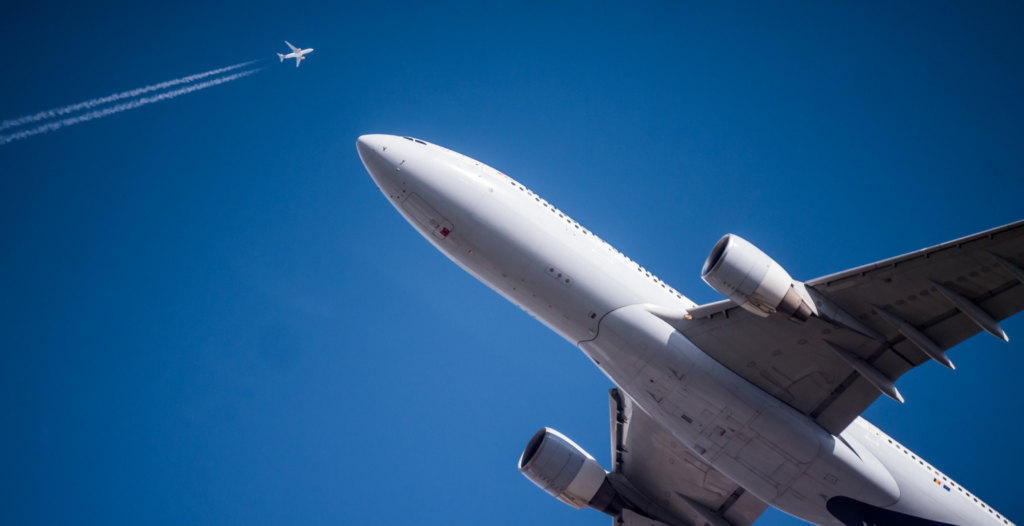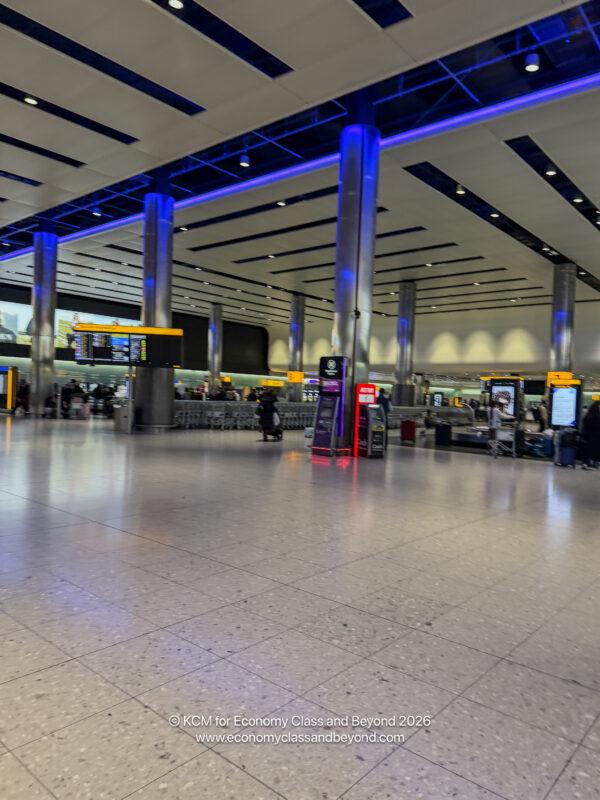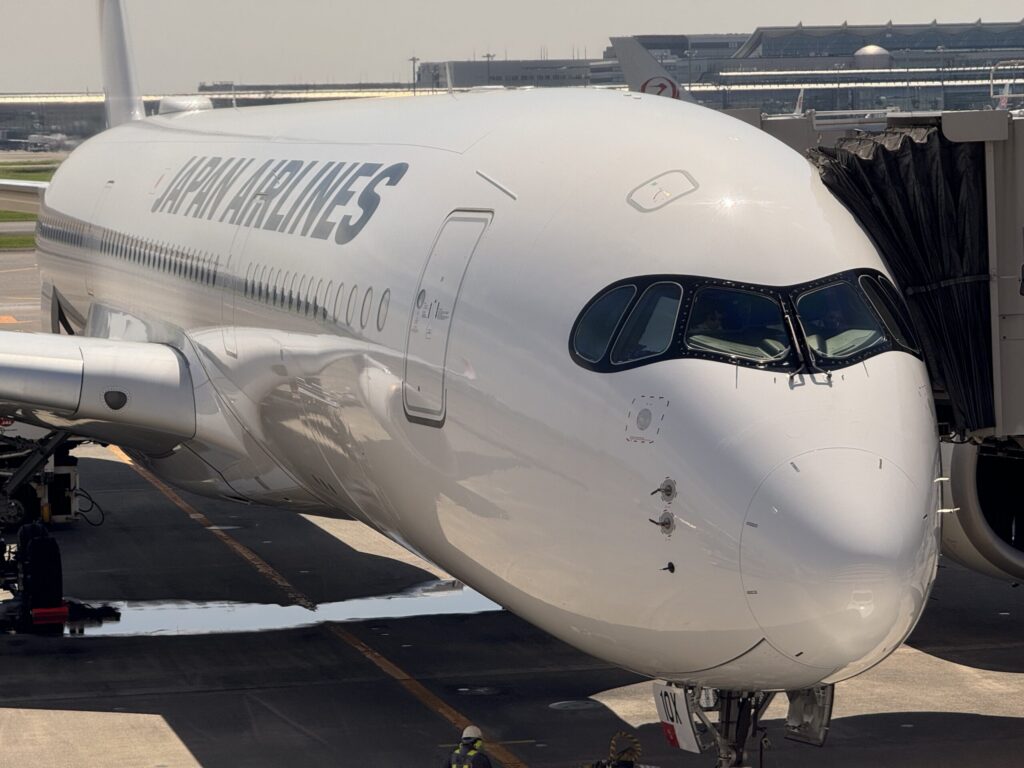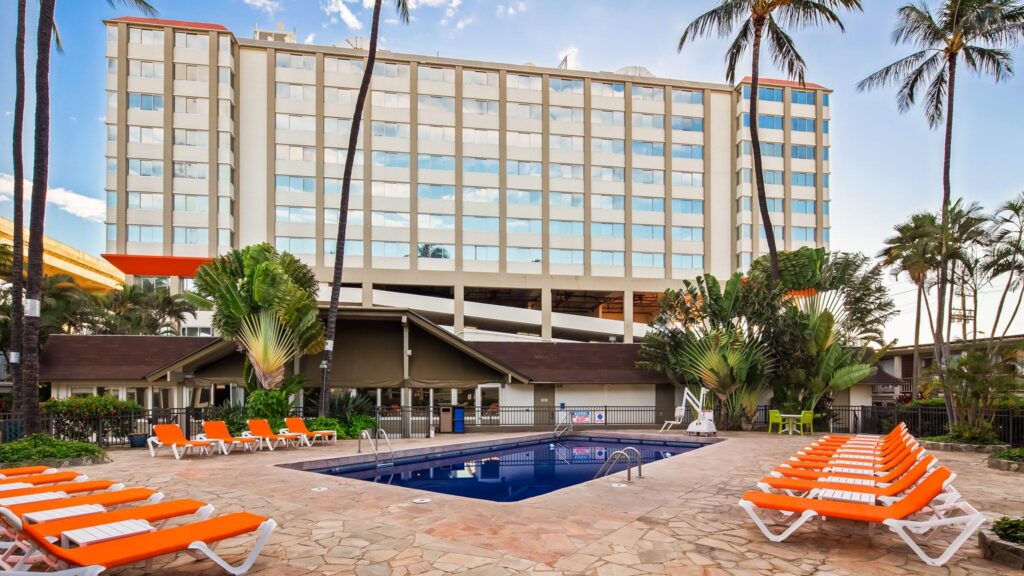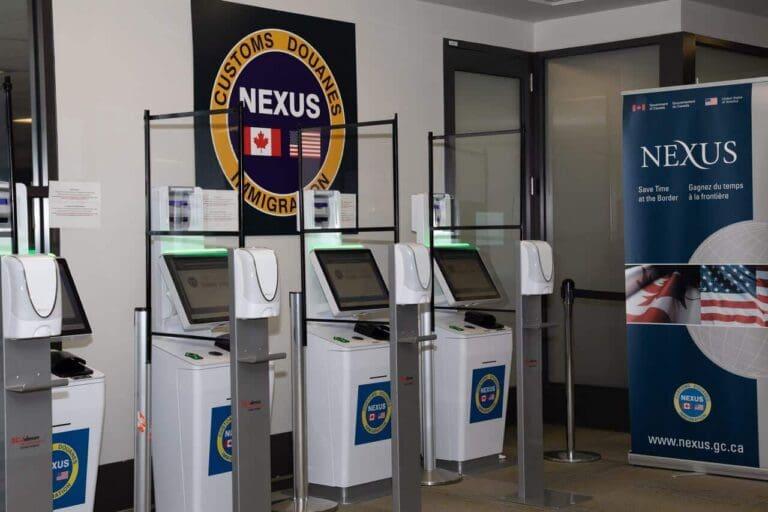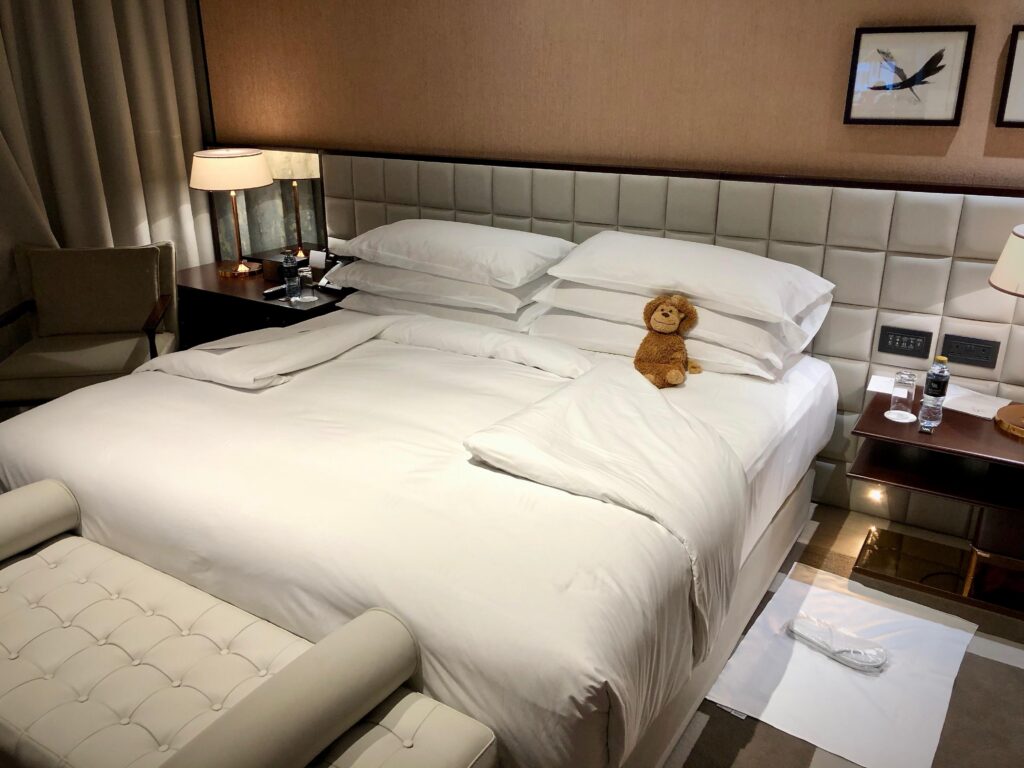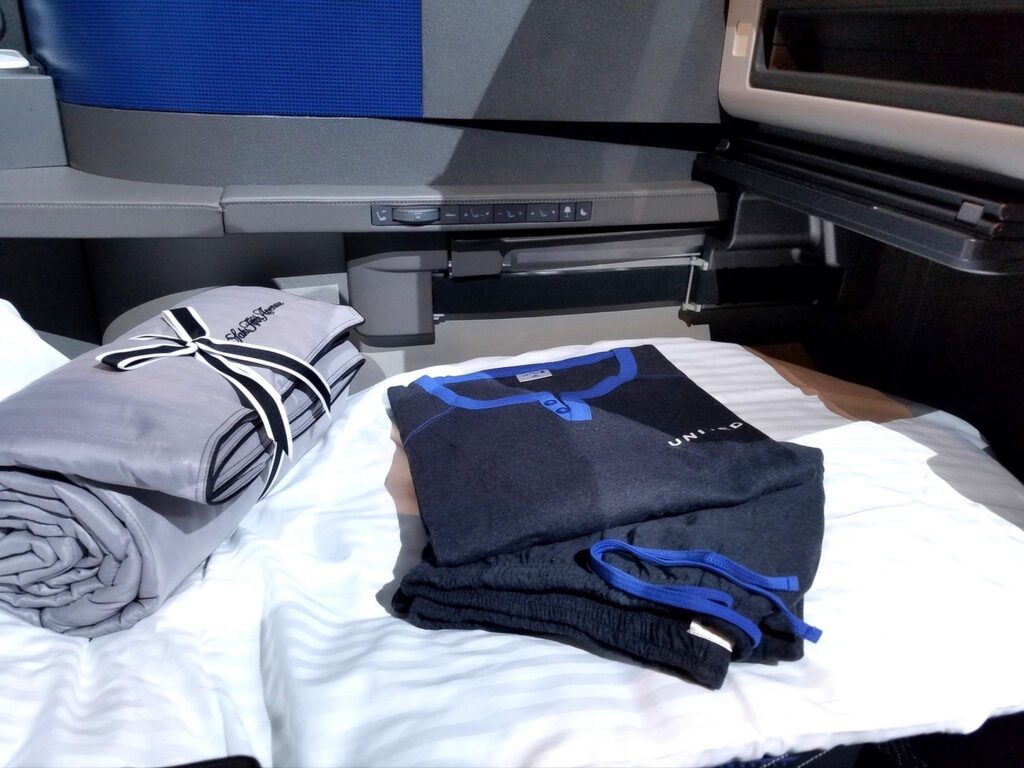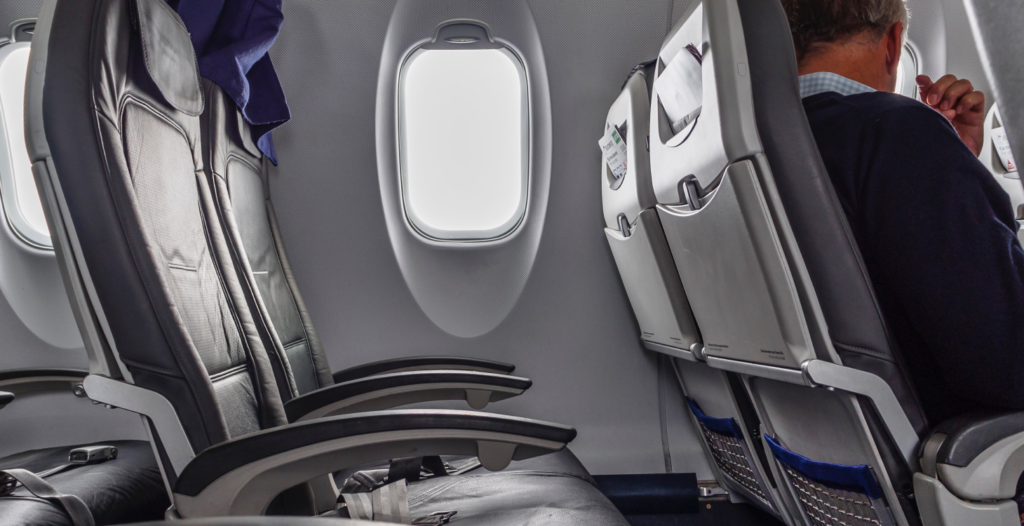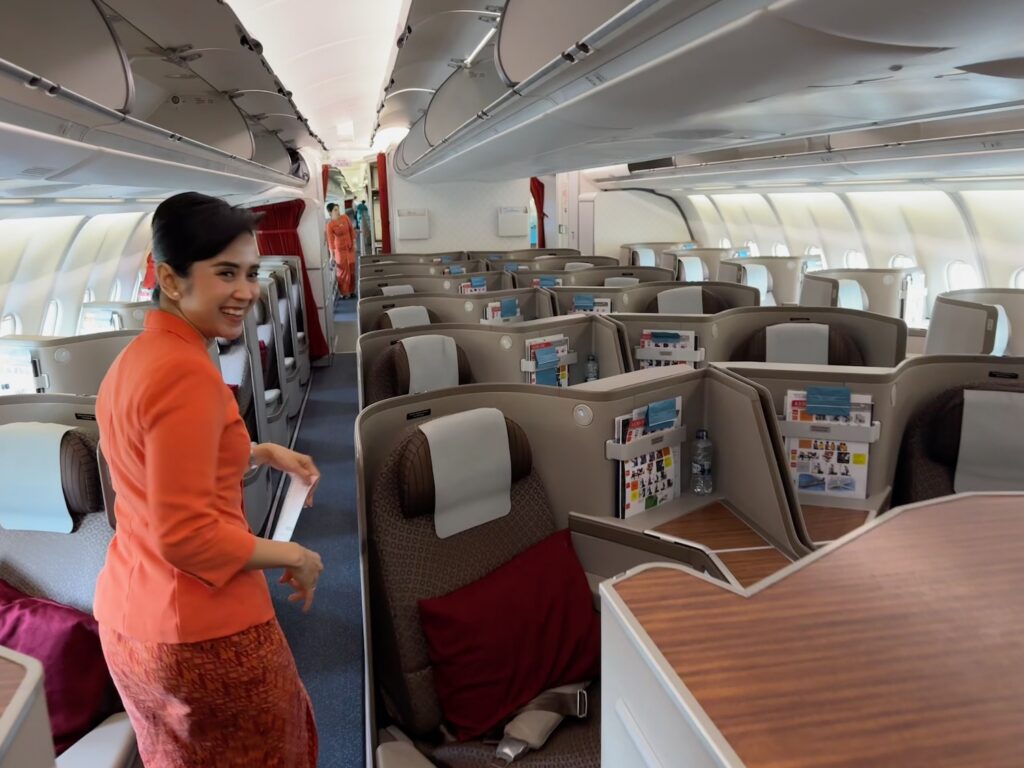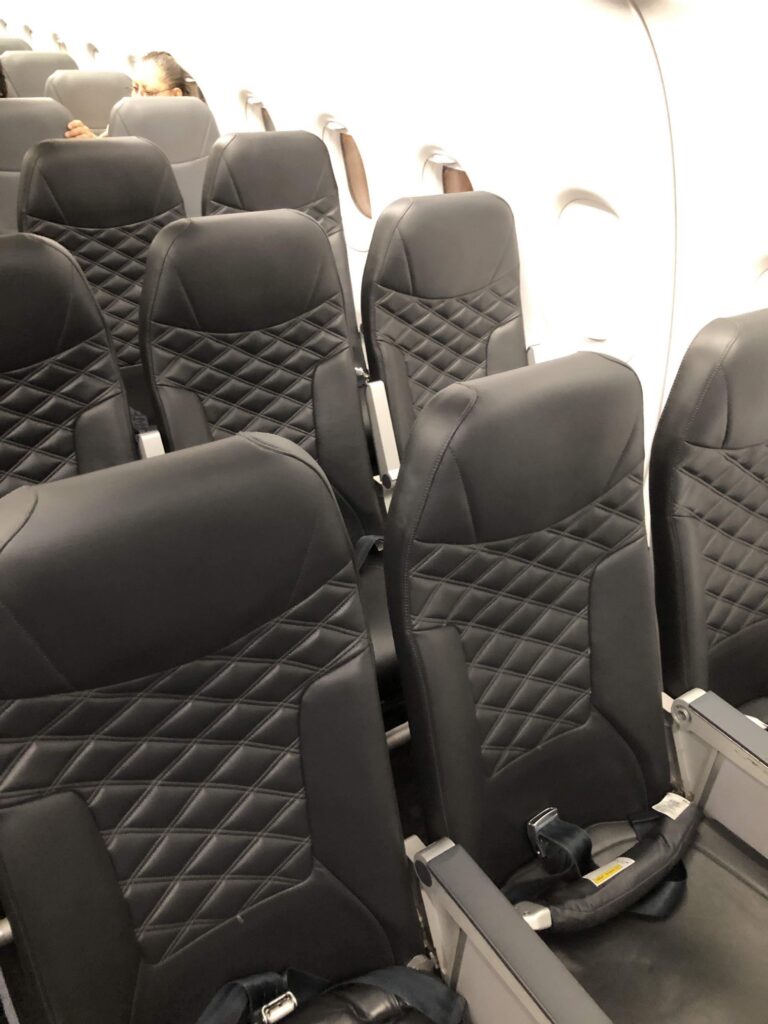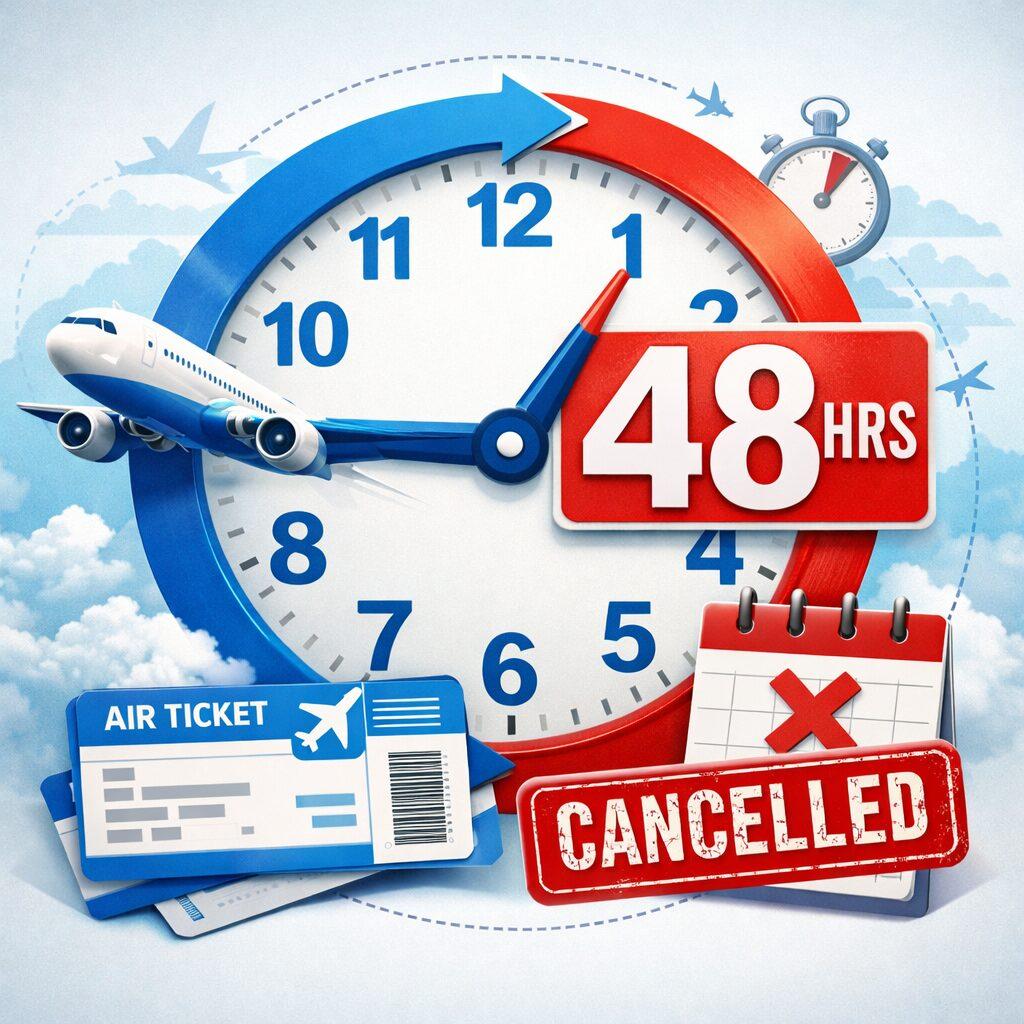
Top 10 Business Trip Tips for the Savvy Corporate Traveler
In today’s globalized economy, business travel is more than just a necessity—it’s an opportunity to forge new partnerships, explore emerging markets, and strengthen existing client relationships. Yet, even seasoned corporate travelers can encounter obstacles that turn a simple trip into a logistical nightmare. From last-minute flight changes to navigating unfamiliar cities, the challenges are real. That’s why we’ve curated The Ultimate Guide to Business Travel Success : the top 10 tips that not only mitigate these hurdles but also empower you to maximize every journey. Whether you’re a newbie hitting the road for the first time or a veteran looking to enhance your travel strategy, these insights will elevate your experience, boost productivity, and ensure each journey is as smooth as possible.
1. Plan Ahead and Prepare Thoroughly

Preparation is the cornerstone of successful business travel, setting the stage for a productive and stress-free trip. Begin by meticulously reviewing your company’s Comprehensive Corporate Travel Policy Guide to grasp the nuances of expense allowances, preferred vendors, booking procedures, and reimbursement protocols. This insight not only keeps you compliant but also leverages corporate discounts and benefits you might otherwise miss. A study by the Global Business Travel Association found that travelers well-acquainted with their company’s policies are 23% more likely to experience hassle-free trips, highlighting the importance of this initial step.
Confirm all reservations well in advance—including flights, accommodations, and ground transportation—to avoid any surprises. Harness the power of travel management tools like Top-rated Itinerary Management Apps for Business Travelers , such as TripIt or TravelPerk, to synchronize your schedule seamlessly. These platforms consolidate all your travel details into a single, accessible interface and send real-time notifications about flight delays, gate changes, or cancellations, ensuring you’re always a step ahead.
Don’t overlook the importance of checking travel restrictions, health advisories, and visa requirements for international destinations. Websites like Official Government Travel Advisory Websites provide up-to-date information on entry requirements, vaccination mandates, and regional safety concerns. Efficient visa management, possibly through services like Global Visa Services, can save you from costly delays and last-minute stress. Always keep physical copies of essential documents—passport, visa, travel insurance—and store digital backups securely on platforms like Best Encrypted Cloud Storage for Sensitive Documents , ensuring you have access even if your belongings are lost or stolen.
Finally, before departure, collaborate with your IT department to confirm that you have the necessary remote work capabilities and access to essential corporate networks. This might involve setting up a VPN, ensuring you can access shared drives, or installing required software updates. Consider reviewing Best Practices for Secure Remote Access While Traveling to protect sensitive data and stay compliant with company policies. This foresight not only reduces potential technical issues but also keeps you connected and productive throughout your journey.
2. Travel Light with Carry-on Luggage

Embracing a minimalist packing approach is one of the most effective strategies for hassle-free business travel. By utilizing only carry-on luggage, you eliminate the risks associated with checked bags, such as loss, delays, or damage. According to The Ultimate Carry-on Packing Checklist for Business Travelers , seasoned professionals save up to 30 minutes at the airport by avoiding baggage claim, which can be crucial when heading straight to meetings upon arrival. Traveling light not only streamlines your journey but also reduces physical strain and keeps your essentials within reach at all times.
Investing in high-quality, cabin-approved luggage is pivotal for efficient travel. Look for suitcases that are durable, lightweight, and designed with smart compartments for easy organization. Brands like Samsonite, Tumi, and Innovative Luggage Solutions for Business Travelers offer models specifically tailored to the needs of corporate travelers, featuring padded sections for laptops, built-in USB ports for device charging, and RFID pockets for secure storage of sensitive items. Employ packing techniques like rolling clothes or using compression packing cubes to maximize space and keep your attire wrinkle-free. Additionally, consider including a Essential Travel Accessories for Business Professionals in your packing list to enhance convenience and preparedness.
Maintain a dedicated set of essential travel items packed and ready to go, streamlining your departure process and reducing the risk of forgetting critical supplies. This “go-bag” should include TSA-compliant toiletries, spare device chargers, international power adapters, and a versatile set of professional attire suitable for various meetings or events. Refer to Pre-packed Essentials for Frequent Business Travelers for a comprehensive list of items to include. By having these essentials always prepared, you minimize last-minute stress and are better positioned to handle unexpected trips or itinerary changes.
When packing, consider the security screening process to expedite your journey through airport checkpoints. Place electronics and liquids in exterior or easily accessible compartments to facilitate quick removal when required. Utilizing [LINK:Tips for Navigating Airport Security Efficiently]can significantly reduce waiting times and stress. If you travel frequently, enrolling in programs like TSA PreCheck or Global Entry allows you to bypass standard security lines without removing shoes, laptops, or liquids, enhancing your overall travel efficiency.
3. Join Loyalty and Rewards Programs

Leveraging loyalty and rewards programs is a strategic approach to elevating your corporate travel experience. By consolidating your bookings with preferred airlines and hotel chains, you accrue points or miles that unlock valuable benefits, such as complimentary seat upgrades, free hotel stays, and access to exclusive lounges or priority services. Explore The Best Loyalty Programs for Business Travelers to identify programs that align with your travel patterns and offer the most advantageous perks. This focused approach not only enhances comfort but can also result in significant cost savings over time.
Enroll in airline frequent flyer programs and evaluate credit cards that offer robust travel rewards tailored to business travelers. Cards like the Chase Sapphire Reserve or the American Express Business Platinum offer substantial points on travel expenses, complimentary airport lounge access through networks like Priority Pass, and travel insurance protections. Refer to Top Business Credit Cards for Corporate Travelers for a detailed comparison of options. These benefits enhance your comfort, provide valuable services during travel disruptions, and can result in significant savings for both you and your company.
Hotel loyalty programs are equally rewarding, offering tiered benefits that improve with increased stays. Perks may include late check-out, room upgrades, complimentary breakfasts, enhanced Wi-Fi, and access to executive lounges. Programs like Marriott Bonvoy, Hilton Honors, and Elite Hotel Membership Benefits for Business Travelers provide escalating advantages that can significantly enhance your stay. Aligning with a hotel chain that frequently services your destinations ensures you maximize these benefits over time.
If your business travel involves driving, car rental loyalty programs offer valuable benefits worth exploring. Companies like Hertz Gold Plus Rewards, Avis Preferred, and Leading Car Rental Programs for Business Travelers provide expedited pick-up and drop-off services, complimentary upgrades, and exclusive discounts. By consolidating your travel providers—including airlines, hotels, and car rentals—you not only accelerate your accumulation of loyalty points but also streamline your booking processes and simplify expense tracking, making your travel management more efficient.
4. Utilize Technology and Travel Apps
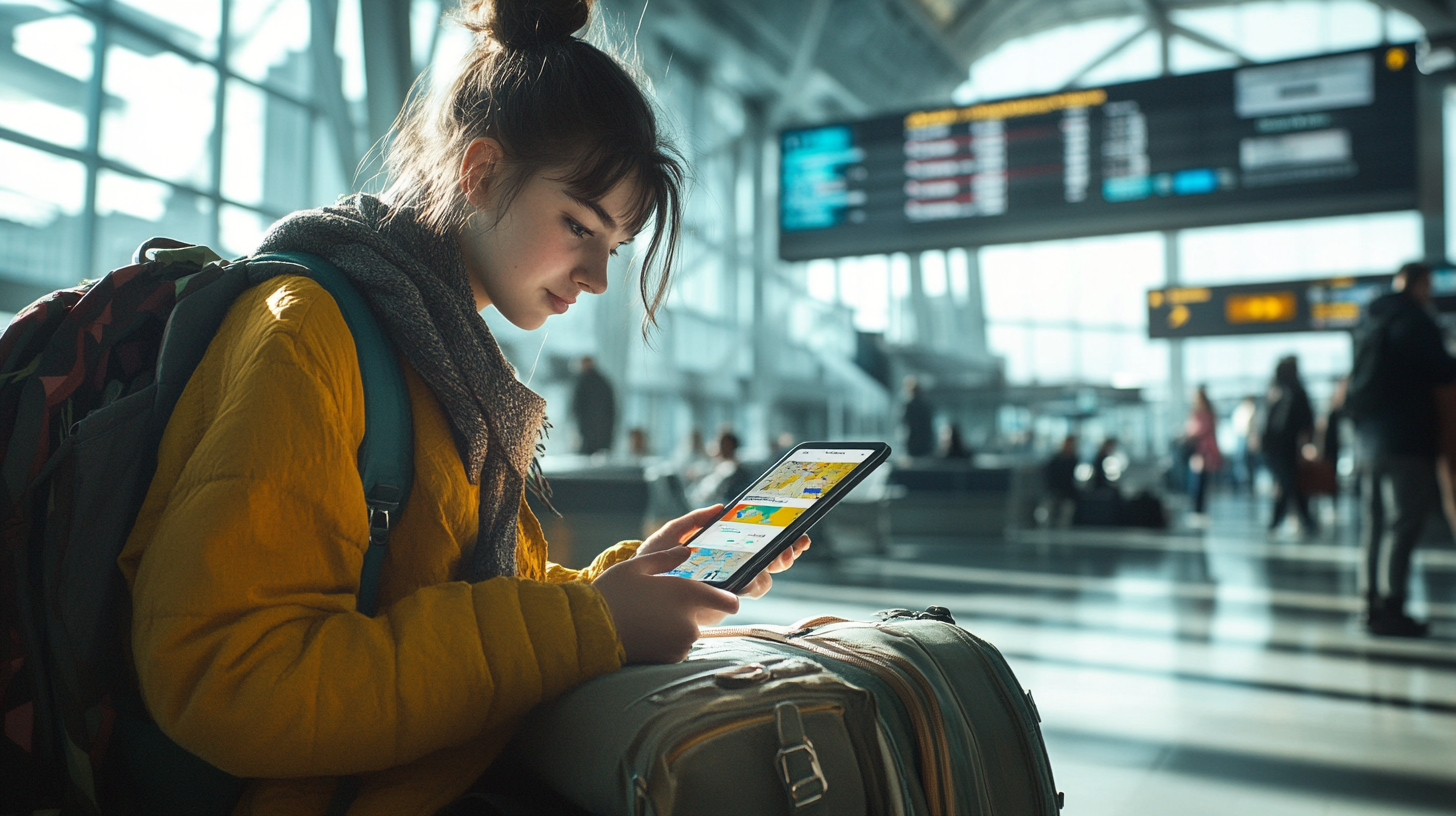
Embracing technology is essential for modern business travel, as it can greatly enhance organization and efficiency. Utilize apps such as Google Maps for reliable navigation, Google Translate for overcoming language barriers, and expense management tools like Expensify or SAP Concur to simplify receipt tracking and expense reporting. Explore Must-Have Apps for Business Travelers in 2023 for a curated list of applications designed to address common travel challenges. These tools can streamline everything from itinerary planning to currency conversion, making your trips smoother and more productive.
Airline and hotel apps are invaluable for managing reservations on the go. They offer features like mobile check-in, digital boarding passes, mobile room keys, and instant notifications on gate changes or room availability. For instance, the American Airlines app provides timely updates on gate assignments and baggage claim information, while the Marriott Bonvoy app enables mobile check-in and allows you to request amenities directly from your phone. Consult Benefits of Using Airline and Hotel Mobile Apps to fully leverage these platforms and enhance your travel efficiency.
Optimizing your in-flight experience begins with selecting the right seat. Apps like SeatGuru by TripAdvisor provide detailed airplane seat maps, in-flight amenity information, and customer reviews to help you choose seats with extra legroom, power outlets, or minimal noise. For a broader range of options, check out Best Flight Seat Selection Tools for Business Travelers , which compares various platforms offering similar services. Making informed seat choices can significantly improve your comfort and ability to work during flights.
Maintaining battery life and staying connected are critical when traveling. Invest in a high-capacity, lightweight power bank, such as the Anker PowerCore series, to ensure your devices remain charged throughout long flights or layovers. For reliable internet access, consider portable Wi-Fi hotspots or global SIM cards, which can be lifesavers when local networks are unstable or insecure. Refer to Staying Connected Abroad: Internet Solutions for Business Travelers for a comparison of options. These tools ensure you can work effectively and stay in touch with colleagues and clients, no matter where you are.
5. Keep Essential Documents and Backup Copies

Ensuring that all vital documents are accessible and secure is paramount when traveling. Carry physical copies of your passport, visas, travel itineraries, hotel confirmations, and any necessary work documents. Simultaneously, store encrypted digital copies on secure cloud services like Best Encrypted Cloud Storage for Sensitive Documents , ensuring you can access them from any device if necessary. Tools like Digital Document Management Solutions for Travelers can also help organize and safeguard your files. This practice not only provides backup in case of loss or theft but also enables you to share documents securely when collaborating remotely.
Label your devices discreetly with your contact information to facilitate their return in the event they are misplaced. Using asset tags or engraving can help without compromising the aesthetic of your devices. Additionally, ensure all devices are password-protected and consider enabling remote tracking and wiping capabilities through services like Find My Device Solutions for Business Travelers , such as Apple’s Find My iPhone or Google’s Find My Device. Given that a laptop is stolen every 53 seconds according to a Kensington survey, these security measures are essential to protect sensitive information and recover lost equipment.
Regularly check the expiration dates of your identification documents, such as passports and driver’s licenses, to avoid the stress of last-minute renewals. Some countries require that passports be valid for at least six months beyond your travel dates. Utilize reminders on your calendar or apps to alert you well in advance of impending expirations. For urgent situations, services like Expedited Passport and Visa Processing Agencies can facilitate quick renewals or visa acquisitions. Staying proactive with documentation ensures smooth entry into foreign countries and prevents unexpected travel disruptions.
Before traveling, coordinate with your company’s IT department to confirm you have the necessary access to corporate networks and applications while abroad. This includes setting up secure VPN connections, configuring remote desktop access, and ensuring that your antivirus and firewall software are up to date. Review Cybersecurity Guidelines for Business Travelers to understand best practices for protecting sensitive data while on the road. Adhering to these protocols not only safeguards company information but also complies with regulatory requirements and company policies.
6. Manage Expenses and Understand Company Travel Policies

Effective expense management is crucial for both compliance and personal financial health during corporate travel. Familiarize yourself thoroughly with your company’s travel policy, including per diem rates, approved expense categories, and required documentation for reimbursements. Consult Company Expense Policy Templates and Guidelines to understand common practices and ensure you’re aligning with company expectations. Being knowledgeable about these details helps you make informed decisions on allowable purchases and expedites the reimbursement process upon your return.
Meticulous record-keeping is essential for accurate expense reporting. Keep all your receipts, regardless of the amount, as small expenses can add up and are often scrutinized during expense audits. Leverage expense management apps like Expensify, SAP Concur, or Top Expense Tracking Tools for Business Travel , which enable you to photograph receipts, track mileage, and categorize expenses immediately. Some apps integrate directly with your company’s accounting systems, further simplifying the reimbursement process and reducing errors.
Accurate and honest expense reporting is not only a professional obligation but also contributes to the financial health of your organization. The Association of Certified Fraud Examiners reports that expense reimbursement fraud costs businesses an average of $33,000 per case. By diligently documenting your expenditures and adhering to policy guidelines, you demonstrate integrity and build trust with your employer. Moreover, precise reporting facilitates budget forecasting and travel policy improvements, benefiting the entire organization.
If your company provides corporate credit cards, utilize them for all business-related expenses. These cards often come with detailed statements and built-in expense reporting features that simplify tracking and categorization of your spending. Additionally, corporate cards may offer travel insurance benefits and fraud protection specific to business use. Refer to Advantages of Corporate Credit Cards for Business Travel to understand how these tools can expedite your expense reports and lead to faster reimbursements.
7. Prioritize Health and Well-being

Your health is a critical asset, especially when traveling for business. Long flights, changing time zones, and altered routines can impact your physical and mental well-being, potentially diminishing your productivity. Implement strategies to stay active, eat nutritiously, and ensure sufficient rest. Explore Healthy Travel Tips for Business Professionals for expert advice on maintaining wellness on the road. By prioritizing your health, you enhance your ability to perform effectively and enjoy your travel experiences.
Prepare for your journey by packing healthy snacks such as nuts, dried fruits, or protein bars to avoid relying on less nutritious airport or airplane food. Staying hydrated is essential; the Aerospace Medical Association recommends drinking at least eight ounces of water for every hour you’re in the air. Limit caffeine and alcohol intake, as they can contribute to dehydration. For more guidance, see Nutrition and Hydration Guidelines for Travelers . Maintaining proper nutrition and hydration supports your immune system and energy levels.
Combatting jet lag is essential for maintaining productivity during business trips. Gradually adjust your sleep schedule a few days before departure to align with your destination’s time zone. Upon arrival, expose yourself to natural sunlight to help reset your circadian rhythm. Avoid alcohol and caffeine during flights, as they can disrupt sleep patterns. Utilize apps like Timeshifter or Jet Lag Management Tools for Business Travelers to receive personalized plans on adapting to new time zones. Implementing these strategies can significantly reduce fatigue and improve your alertness during important meetings.
Physical activity is a proven way to boost energy levels and reduce stress, which is particularly beneficial during demanding business trips. Many hotels feature fitness centers or partner with local gyms—take advantage of these facilities to maintain your exercise routine. If time is limited, consider quick in-room workouts; apps like Best Fitness Apps for Travelers offer guided exercises that can be completed without equipment. Even short sessions of physical activity can enhance your mood and cognitive function, supporting better performance in professional settings.
8. Research and Understand Local Business Etiquette

When conducting business internationally, a deep understanding of local customs and business etiquette is essential. Cultural nuances influence communication styles, negotiation tactics, and relationship-building practices. For example, in Japan, presenting and receiving business cards with both hands and a slight bow demonstrates respect. In contrast, punctuality is less rigid in some Latin American cultures, where meetings may start later than scheduled. Consult resources like Cross-Cultural Business Etiquette Guides to prepare adequately for your destination. Being culturally aware not only prevents unintentional offenses but also builds stronger professional relationships.
Investing time to research local customs showcases your professionalism and respect for international colleagues. Utilize resources such as the Protocol School of Washington or International Business Etiquette Training Programs , which offer in-depth guidance on cultural norms, communication styles, and etiquette. Understanding these factors can enhance your interactions, making negotiations smoother and more effective.
Language differences can create significant barriers in international business. Learning basic greetings and phrases in the local language demonstrates initiative and can foster goodwill among your hosts. Use translation apps like iTranslate or Top Translation Tools for Business Travelers to assist with communication, but remain cautious of potential inaccuracies and cultural nuances they may not capture. Whenever possible, consider collaborating with a professional interpreter for critical meetings to ensure clear and respectful communication.
Familiarize yourself with expectations regarding dress codes, gift-giving traditions, and meeting protocols. For instance, in some Asian cultures, gift-giving is an essential aspect of business interactions, while in others, it may be frowned upon due to anti-bribery laws. Wearing attire that aligns with local customs shows respect and attention to detail. Explore Global Business Etiquette and Protocol Resources for comprehensive information on these topics. Demonstrating cultural competence can significantly enhance your credibility and deepen professional relationships.
9. Optimize Airport and Flight Experience

Airports and flights can be streamlined with the right strategies. Enrolling in expedited security programs like TSA PreCheck, Global Entry, or NEXUS and SENTRI Programs for International Travelers significantly reduces wait times, allowing you to bypass standard security lines. According to the TSA, PreCheck members typically wait less than five minutes at security checkpoints. These programs offer substantial time savings and reduce stress, enabling a smoother start to your journey.
Enhance your pre-flight experience by securing access to airport lounges. Many premium credit cards and airline loyalty programs offer lounge access as a benefit. Lounges provide a tranquil environment to relax, catch up on work, or enjoy refreshments away from the bustling terminal. Amenities often include high-speed Wi-Fi, complimentary food and beverages, and dedicated workspaces. Refer to Comparing Airport Lounge Access Programs to determine the best option for your travel needs. Utilizing these facilities can make your travel more comfortable and productive.
Flight selection plays a significant role in travel efficiency. Opt for non-stop flights whenever possible to minimize the likelihood of delays and missed connections. Early morning flights are statistically less prone to delays due to cascading effects throughout the day. The Bureau of Transportation Statistics reports that flights scheduled before 8 a.m. have the highest on-time performance. Utilize tools like Flight Delay Predictor Apps for Business Travelers to assess the reliability of specific flights. Strategic scheduling can save time and reduce travel-related stress.
Maximize your in-flight time by creating a conducive environment for work or rest. Invest in high-quality noise-canceling headphones to minimize distractions and enhance focus. Many airlines offer in-flight Wi-Fi services—consider purchasing a pass in advance or exploring monthly plans if you travel frequently. See In-flight Connectivity Options for Business Travelers for a comparison of available services. Thoughtful seat selection is also vital; use tools like SeatGuru or ExpertFlyer to find seats with extra legroom, power outlets, or added privacy, thereby improving your comfort and productivity.
10. Maintain Productivity and Flexibility During Travel
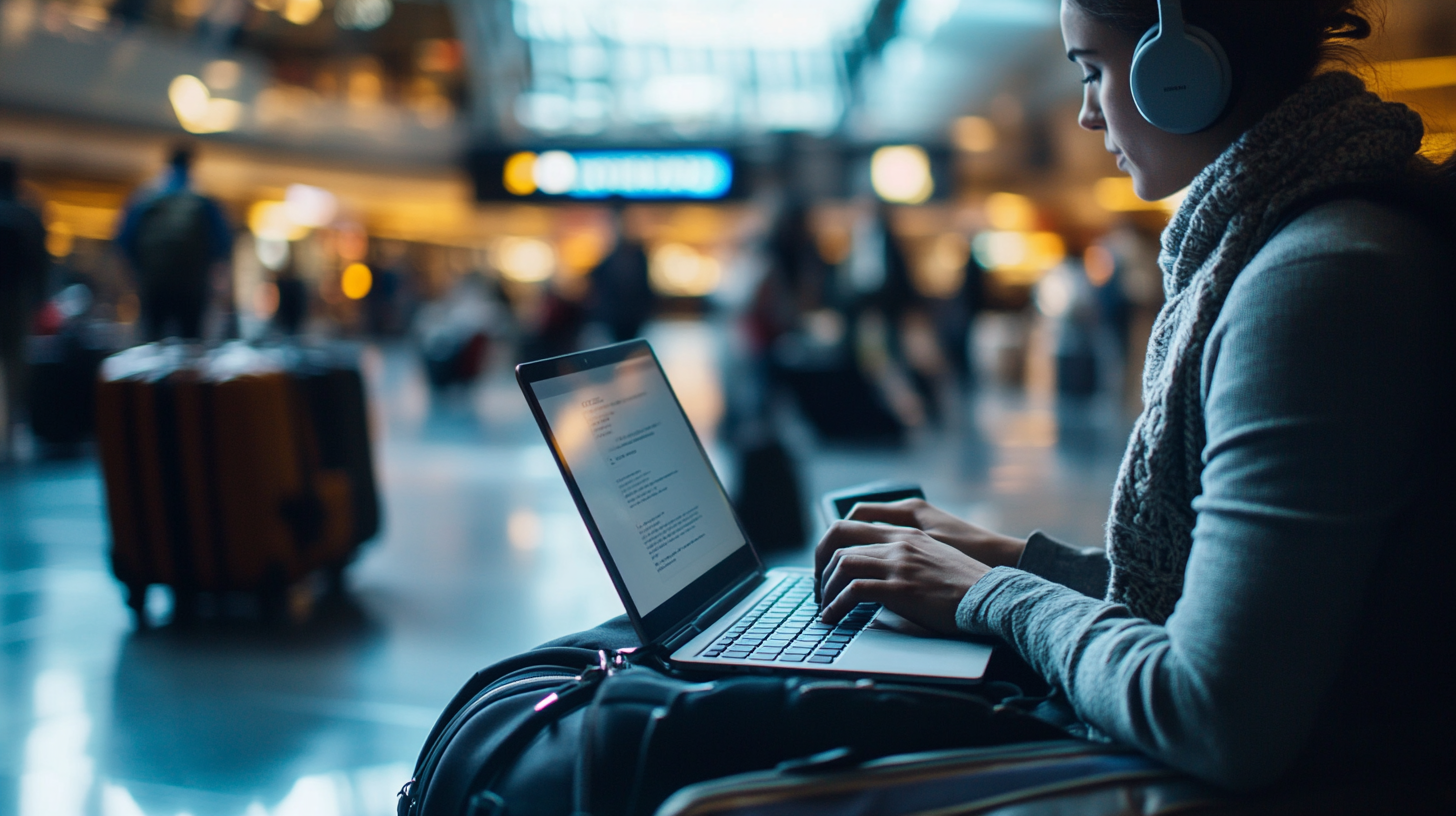
Maintaining productivity on the road requires adaptability and strategic planning. Opt for attire that is both comfortable for travel and appropriate for professional engagements, allowing you to transition seamlessly from transit to meetings. Pack versatile, wrinkle-resistant clothing items that can be mixed and matched to suit various occasions. Refer to Packing Guide for Business Travelers for tips on assembling a functional wardrobe. This approach reduces luggage bulk and ensures you’re always prepared for unexpected schedule changes.
Optimize your productivity by ensuring all necessary work files are readily accessible, even without internet connectivity. Use cloud-based services like Dropbox, Google Drive, or Best Cloud Storage Solutions for Business Professionals to sync documents across devices. Enable offline access for critical files to ensure you can work uninterrupted during flights or in areas with limited connectivity. Additionally, organize your digital workspace before departure to minimize time spent searching for documents while on the go.
Embrace flexibility by anticipating potential disruptions such as flight delays or cancellations. Maintain a list of alternative flights, train schedules, or hotels accessible through apps like Kayak or Best Travel Planning Apps for Contingency Management . This proactive approach allows you to adjust plans quickly, minimizing downtime and ensuring you meet your commitments. Consider travel insurance policies that offer coverage for delays and disruptions to mitigate financial losses.
Balancing work with personal time enhances well-being and can enrich your business perspective. Allocate time in your itinerary to explore the destination’s cultural attractions, cuisine, or local events. Utilize resources like Guide to Bleisure Travel (Business + Leisure) to integrate leisure activities without compromising professional obligations. Engaging with the local environment can spark creativity, reduce stress, and even open up unexpected networking opportunities, contributing positively to both your personal and professional growth.
Final Thoughts

By integrating these top 10 business trip tips into your travel routine, you can significantly enhance your corporate travel experience, turning potential obstacles into opportunities for efficiency and enjoyment. Thoughtful planning, smart use of technology, and attention to personal well-being not only help you meet your business objectives but also contribute to your personal development.
Follow us back to BoardingArea for more insights and resources to make your business travel more effective and enjoyable. Remember, successful business travel isn’t just about the destination—it’s about maximizing the journey every step of the way.
With these strategies at your disposal, you’re equipped to navigate the complexities of corporate travel with confidence and ease. Embrace the journey, expand your horizons, and continue to grow both professionally and personally. Safe travels!





